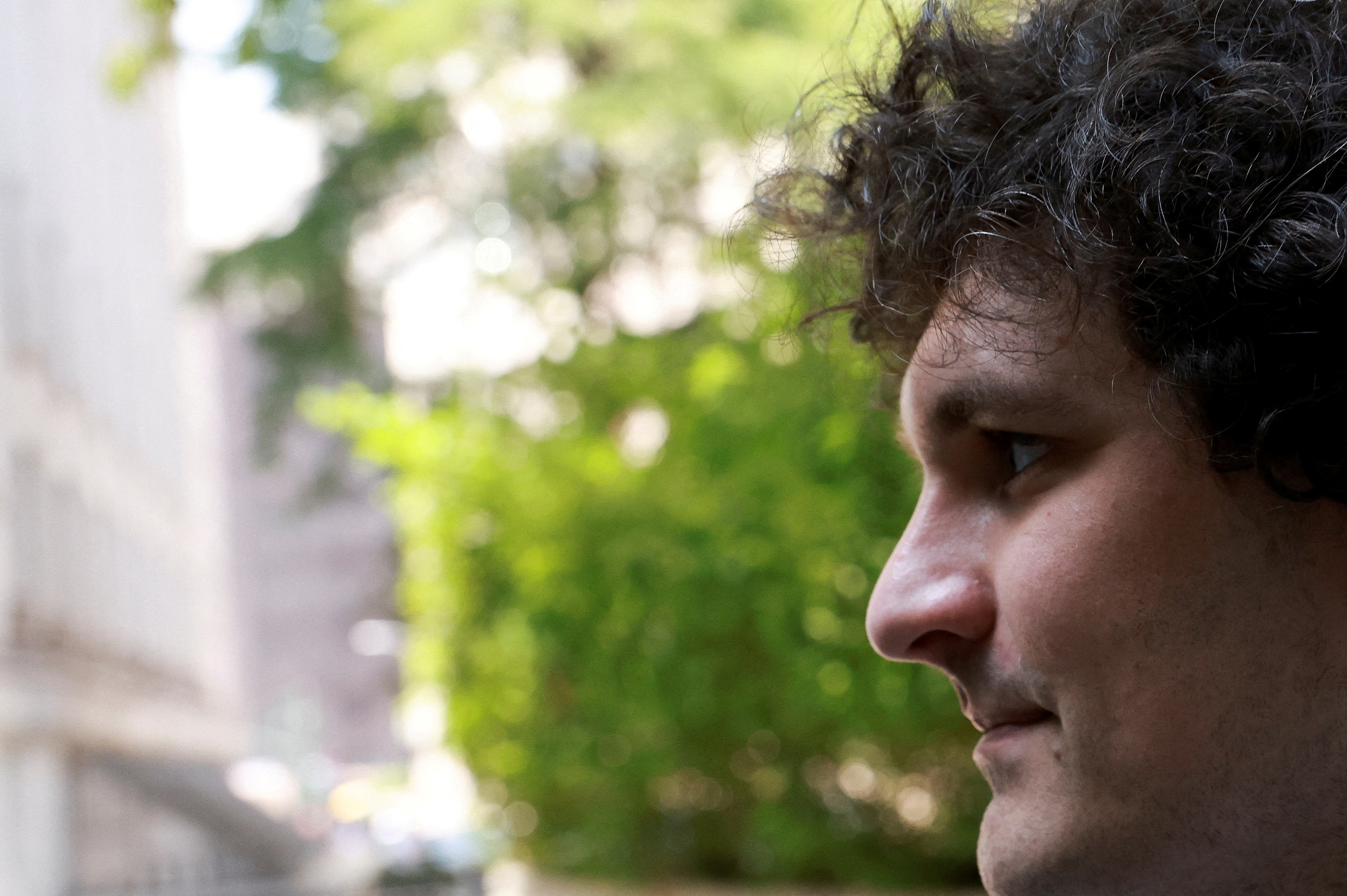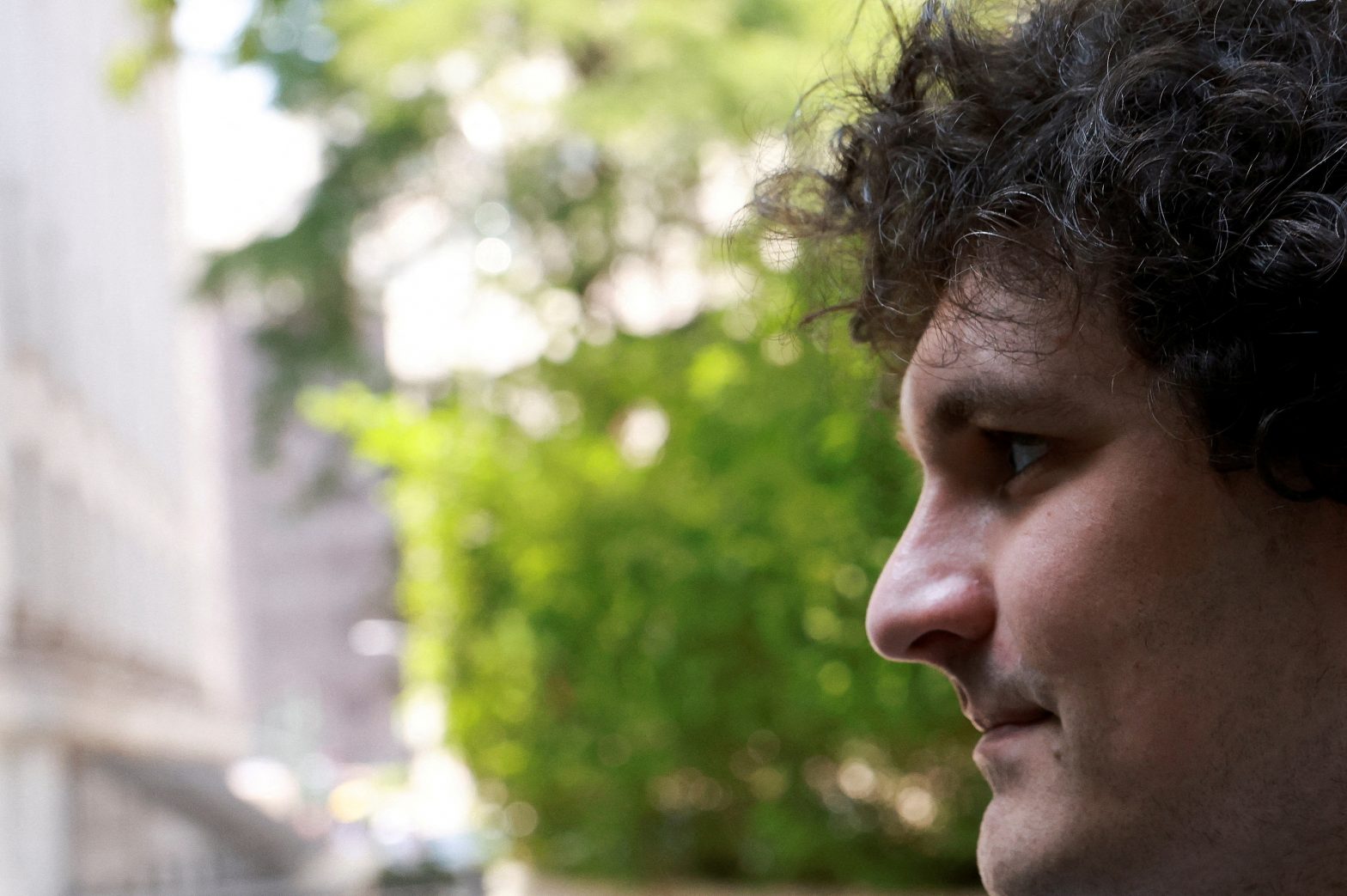
Indicted FTX founder Sam Bankman-Fried arrives at the United States Courthouse in New York City, U.S., July 26, 2023. REUTERS/Amr Alfiky/File Photo Acquire Licensing Rights
NEW YORK, Nov 2 (Reuters) – Sam Bankman-Fried was convicted on Thursday on fraud and conspiracy charges related to the collapse of FTX, the bankrupt cryptocurrency exchange he founded and led.
The 31-year-old former billionaire has pleaded not guilty. Below is an explanation of the seven charges he faced, all of which he was convicted of.
STEALING CUSTOMER FUNDS
Prosecutors say Bankman-Fried embezzled customer money to plug losses at Alameda Research, a crypto hedge fund he owned, as well as to make investments, buy real estate in the Bahamas, and donate to U.S. political campaigns.
He faced one count of wire fraud, two counts of conspiracy to commit fraud, and one count of money laundering conspiracy over the theft of the funds.
LYING TO INVESTORS AND LENDERS
Prosecutors accused Bankman-Fried of hiding the fact Alameda had borrowed large sums of money from FTX from the exchange’s auditors and used the resulting inaccurate financial statements they produced to reassure investors about his company’s risk management.
Bankman-Fried was also accused of directing former Alameda chief executive officer Caroline Ellison to mislead the fund’s creditors about the money it had borrowed from FTX, in order to convince them not to recall their loans. Ellison pleaded guilty and testified for the prosecution at trial.
Bankman-Fried faced one wire fraud count and two conspiracy counts over the alleged misrepresentations to investors and lenders.
WHAT WAS BANKMAN-FRIED’S DEFENSE?
Testifying in his own defense, Bankman-Fried acknowledged making mistakes that hurt FTX customers and employees – such as not implementing a risk management team – but said he never intended to defraud anyone or steal funds.
His lawyers argued Alameda was allowed to borrow funds from FTX users, and that Bankman-Fried did not know how large the trading firm’s debts to the exchange were until the very end.
WHAT ABOUT THE OTHER CHARGES?
Bankman-Fried once faced as many as 13 charges, but five counts that were brought after he was extradited from the Bahamas – including bank fraud and foreign bribery conspiracy charges – were split off into a separate trial scheduled for March 2024.
Reporting by Luc Cohen in New York; Editing by Noeleen Walder and Daniel Wallis
Our Standards: The Thomson Reuters Trust Principles.
